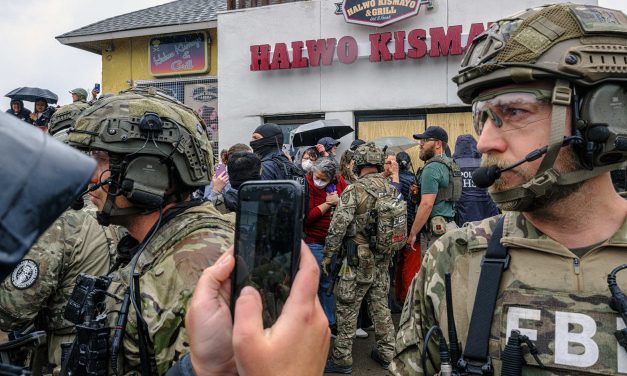DEI programs are being rolled back even as research shows they substantially increase corporate profits
By Rodney Coates, Professor of Critical Race and Ethnic Studies, Miami University Few issues in the U.S. today are as controversial as diversity, equity, and inclusion, which are commonly referred to as DEI. Although the term didn’t come into common usage until the 21st century, DEI is best understood as the latest stage in a long American project. Its egalitarian principles are seen in America’s founding documents, and its roots lie in landmark 20th-century efforts such as the 1964 Civil Rights Act and affirmative action policies, as well as movements for racial justice, gender equity, disability rights, veterans and...
Read More















